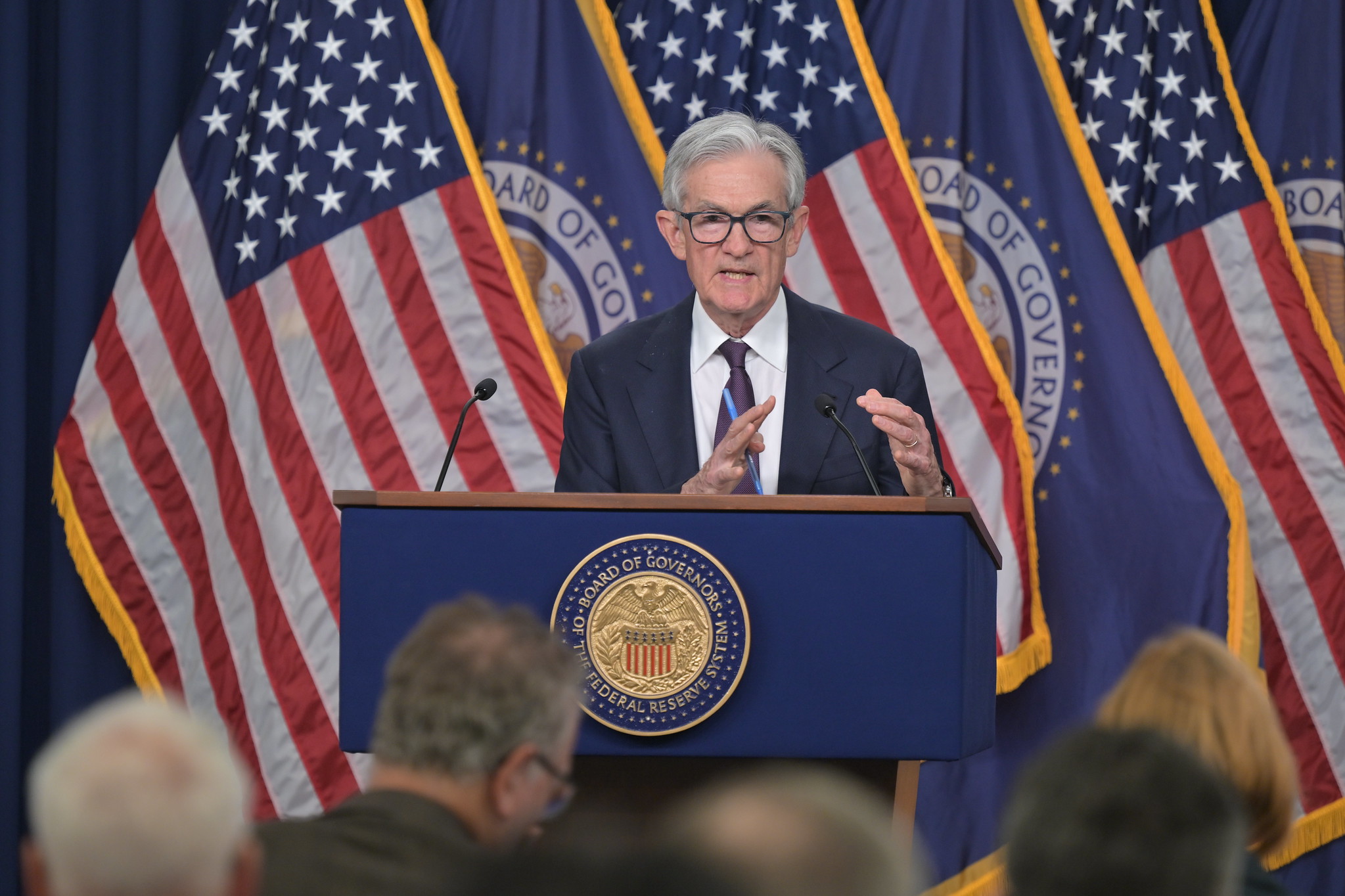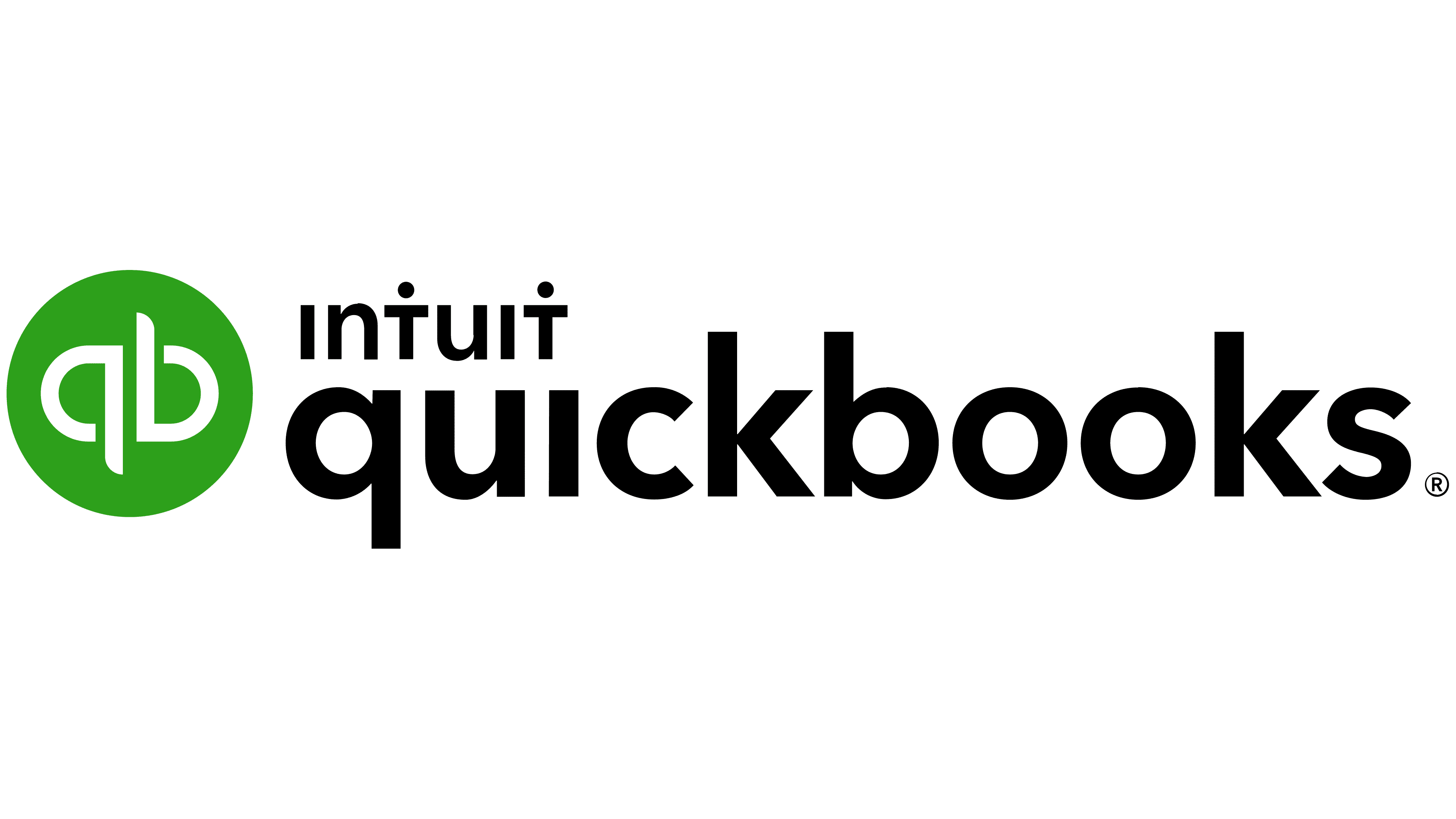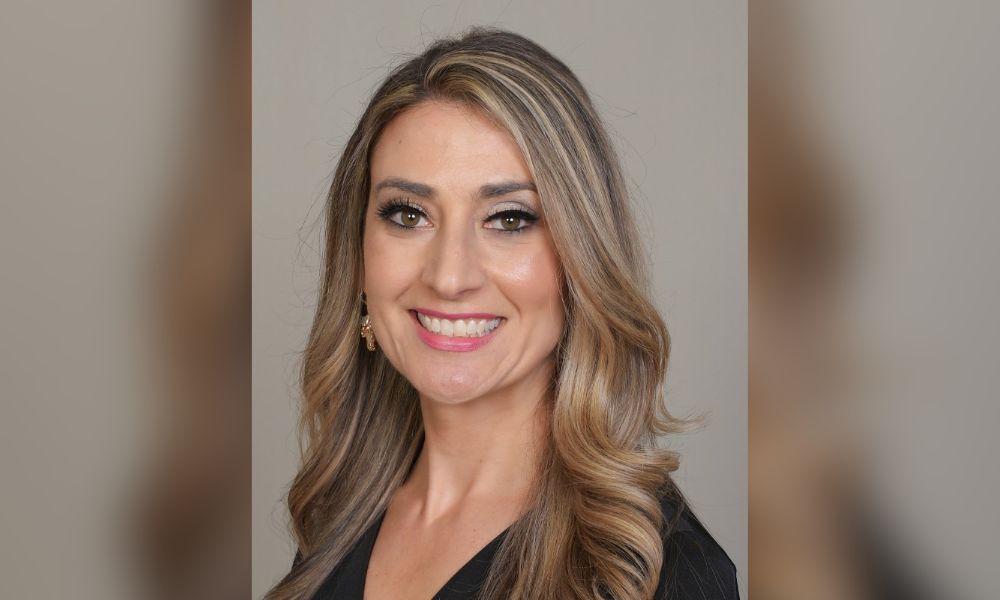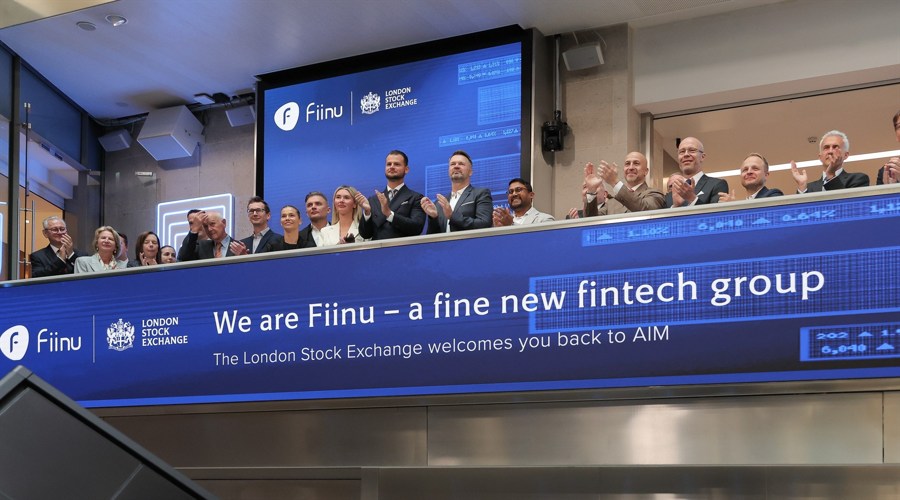TTN-Nigeria recently closed their first fund with 350,000 USD to invest in telehealth mobile app startups within Nigeria currently in their seed stages.
While healthcare funds are not unique, TTN-Nigeria plans to utilitize an extremely engaged and interested investor community to mentor existing companies. Particularly, the non-profit plans on connecting and working together heavily with startup ventures in order to improve mental health amongst youth within Nigeria and the rest of West Africa, a fast-growing but long-neglected area for mental health problems.
“Nigeria is home to the fastest growing technology sector in Africa. We believe what we can offer, which is especially important to a lot of these startups based in Lagos that are trying to compete on a global market, is our global influence. We have officers and operations in three different countries, and our network of businesses that we’ve partnered with can really propel early-stage businesses”, Chizobo Adegobye, President of TTN-Nigeria, said in an exclusive interview.
“We have more than 65,000 students part of our network, and our reach is greater. Most of our students are between the ages of 15-25, and our data have shown that many suffer from mental health. We really think that growth in this sector can benefit not just Nigeria but the rest of the world”, said Trish Devi, manager of TTN-Nigeria’s MediTech fund.
MediTech represents an evolution in the venture capital model, bringing industry expertise alongside youth and health professions, according to Devi.
The firm’s limited partners also commit their time and expertise as part of an engaged community. “Early-stage companies get what they’re looking for which is help, support and guidance, not just financial means,” Devi noted.
TTN-Nigeria is the Nigerian branch of Teach the Need, a global non-profit that has previously operated in the Canada, United States, and the UK. Teach the Need was founded by Sunny Cui when he realized the economic challenges families faced to access tutoring from his hometown in Canada. He now serves as a mentor on TTN-Nigeria, adding in decision-making of startup investments.
“When I founded Teach the Need, it was immediately clear there was this incredibly opportunity to fill a gap that so desparately needed to be filled, which was providing opportunity to low-income households, particularly through education and health. MediTech is really just an extension of that, and everyone on the team agrees the fund combines the best of both worlds: providing support to emerging businesses in Nigeria in combination with the ability to make mental health accessible, equitable, and most importantly affordable. I think we have a really good shot at seeing substantial change in the businesses we’re going to help in. It won’t be just like us throwing money at a problem. We’re activately changing it.” Cui said.
The fund will focus on early-stage investments in telehealth software, focusing on existing small businessses that seek to address care inequity, and mental health support from counsellors and volunteers. Furthermore, the management team intends to find founders interested in an engaged investor, where the Teach the need network can provide substantial value through it’s international alumni network, accoridng to general partners.
The MediTech fund has been used for four investments to date: Nguvu Health, a provider for online video and chat therapy for businesses; mytherapist.ng, a mental health educational tech startup based in Lagos; Truthshare, a startup focused on providing anonymous help both in-person and onine via the use of trained counsellors; and ToHeCo, short for Toronto Health Connect, which is a partnered Toronto-based startup that provides general health information to Torontonians.
Cui, Devi, and Adegobye identified early-stage companies as the ideal timeline for when the Teach the Need community and its advisors could have the biggest impact
“We aim to have the biggest impact, so the first question we asked is where would our help be maximized? Outside of our 65,000 registered students who attend our events and courses regularly, we have a reach of more than 300,000 worldwide. So realistically, we can offer that initial push where our companies receive the first couple thousand users that is often the most difficult part of the business. At this stage, the company is trying to get its feet of the ground and find the niche in the market. It’s also the stage were companies meet scaling issues, and that’s what Teach the Need is really good at accomplishing”, Cui said.
The MediTech fund is launched during a time when tech funding, particularly relatd to healthcare, is at an all time low in Nigeria due to the challenges of Covid-19 in 2020 and 2021.
“If there was ever a time to start investing, it would be now.” Cui said. “Founder’s and investors have gone past a tumultuous time, and this is a great opportunity to really take advantage of a lot of emerging startups. Especially in a nation that is developing as fast as Nigeria, there is a great opportunity here. We’re excited to see what happens”
“We started looking at, where does this kind of expertise really make the most difference? And it’s really in that sort of late-seed, series A stage where companies have a sign of product-market fit but they’re trying to figure out that go-to-market. How do they really start to hit that initial scaling? That’s where this expertise really makes the most difference in the trajectory of these companies,” Gordon said.
HC9 has made three investments to date: Forge Health, a provider of “one-stop-shop” mental health and substance use care for individuals; Psych Hub, the go-to solution for mental health education and navigation; and vision care startup XP Health.
HC9 focuses on early-stage investments in healthcare software and services businesses, with an emphasis on companies that address care delivery or operational needs for payers and providers. Additionally, the team looks for founders who are seeking an engaged investor, businesses that have transformative potential and opportunities where the HC9 and its community can add meaningful value, according to the general partners.







































